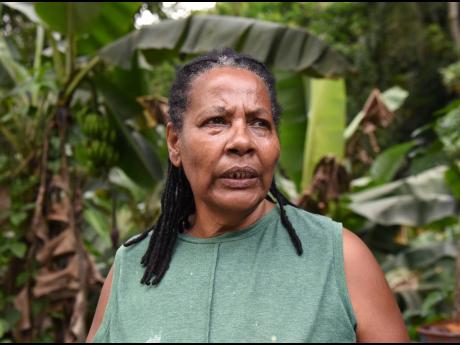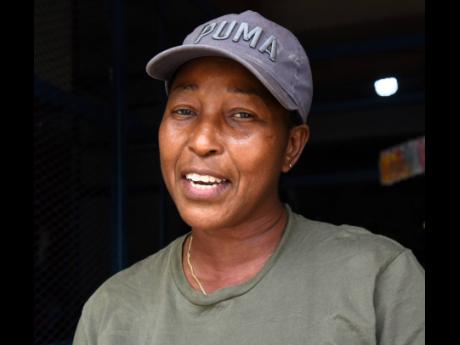Migration threatens Scott’s Hall’s future
The once-vibrant Maroon town in Scott's Hall is seeking to revive its Maroon culture, but limited resources and an increase in youth migration is posing a significant hindrance to that mission.
The town, nestled in the hills of St Mary, was once a refuge for enslaved Africans seeking to reclaim their freedom and preserve their culture. Over the years, the village flourished, and the indigenous language, dances and rituals were passed down from each generation to the next. However, Secretary of the Maroon Council, Jacqueline Phillips, told THE STAR that due to limited job opportunities in the area, many young Maroons have left Scotts' Hall, leaving many to wonder what the future of the town will look like.
"We are a small community with mostly farmers, and for the younger ones, when them get work, as them leave school, them gone out; them nah stay, because what are they staying for?" Phillips questioned.
Similarly, the deputy colonel of the Maroon town, Jone Williams, said she has recognised that the community's underdevelopment is forcing most youth to migrate, even those interested in the longevity of the culture.
"Young people now, they are more into technology... . You have a few that are still there [who] still want to learn and do more, but at the same time there is a lot of migration, because our community is not really developed to really have those persons staying in. Sometimes they go out there and they don't come back, because there is nothing much to come back to," said Williams.
The deputy colonel, who is fluent in the Kurmati language, said several Maroons in Scott's Hall speak the language that descended from the Ashanti tribe in West Africa.
In the meantime, Phillips told THE STAR that the town's Maroon Council is also seeking to decrease the level of youth migration by creating sustainable employment in the village.
"One of the things we want in the area, we want a processing facility, if we get that we can help wi self... . Yuh see all a them fruit tree here, when them bear dem just guh to waste," Phillips said, adding that the facility would allow them to create various by-products, such as oils and mulch from the fruits and trees in the environment.
However, she said that external help is needed to sustain the culture.
"We need more development and we need more outside help, we need employment within the space, and I think one of the ways we can do that is through community tourism, where we do tours. This will help us generate some funds, caah right now wi nah nuh money! None at all, because wi nuh know how to get it, nuh agency not helping us; so we are at a standstill where that is concerned," Phillips told THE STAR.
The issue of migration affecting Maroon communities has been identified as an impediment to their survival. The Inter-American Foundation (IAF) and the Jamaica Conservation and Development Trust (JCDT) have joined forces to develop a community tourism network and support sustainable livelihoods for young people in seven maroon communities, including Scott's Hall. Phillips said the initiative is useful but more needs to be done.
"Apart from the IAF-JCDT project, we have never got anything within in this space like some other Maroon town, and so we really would welcome some help," Phillips said.







































